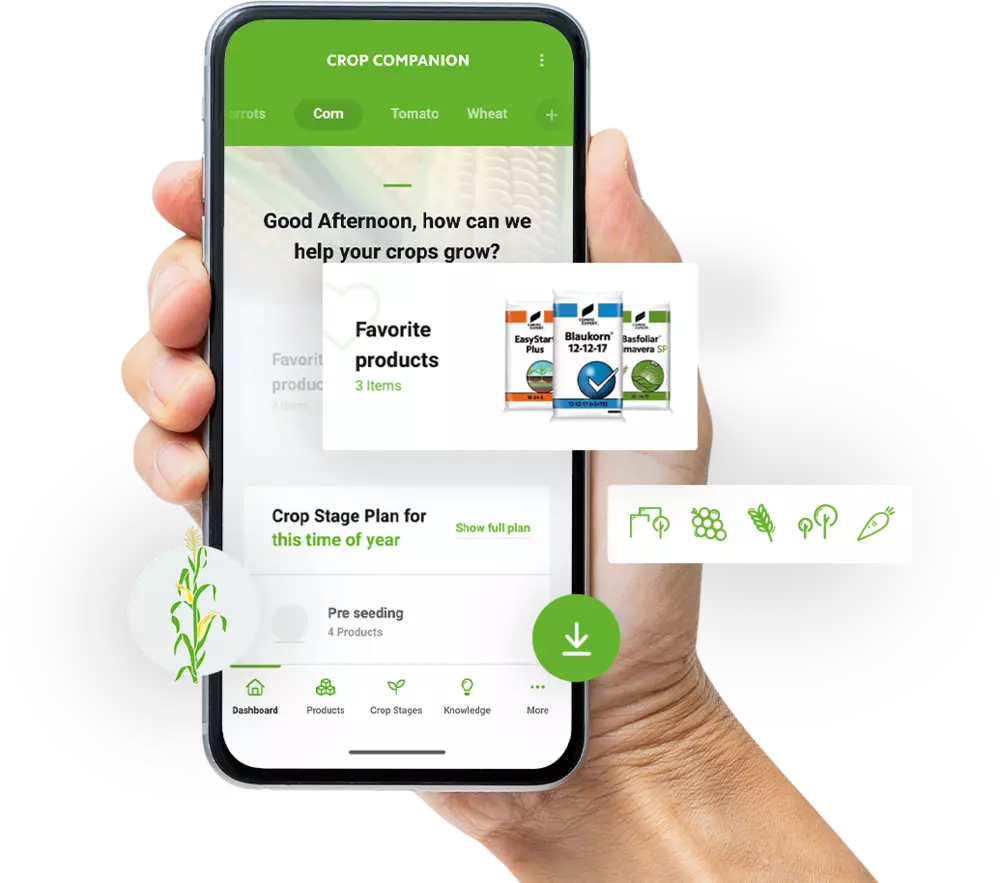Société
Nous sommes un partenaire fiable pour une récolte sûre
COMPO EXPERT est votre partenaire pour une croissance saine - avec 22 bureaux de vente en Europe, en Amérique du Nord et du Sud ainsi qu'en Asie et en Afrique du Sud.


